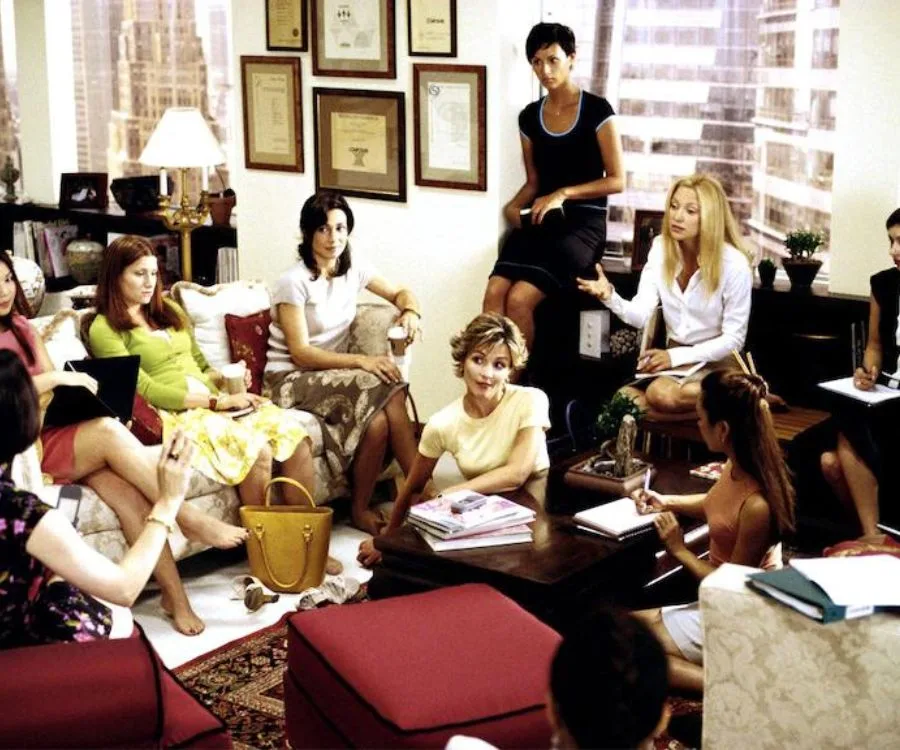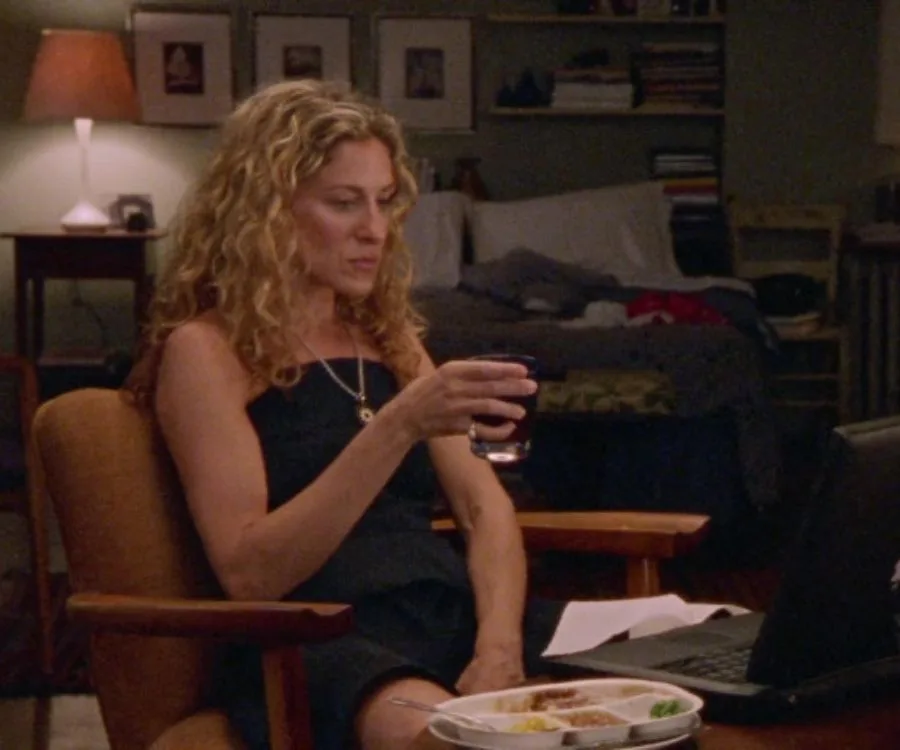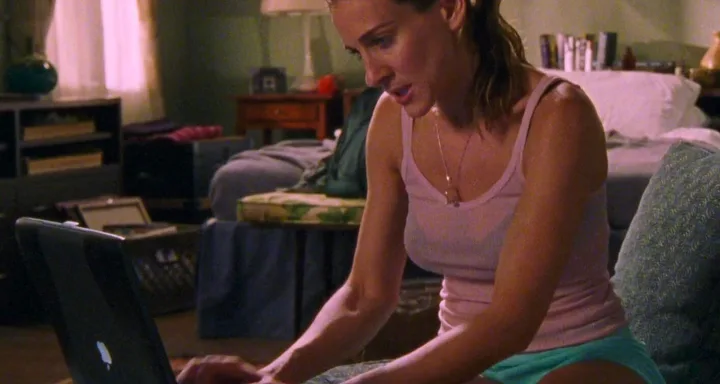There’s a trend going around on TikTok called ‘bare minimum Mondays’, which sees workers only complete the tasks that are necessary on a Monday and leave everything else to the wayside.
Essentially, you don’t deliver big reports, undertake new strategy meetings, or call the big shots, instead choosing to work from home and focus on answering key emails, sending key deliverables and then low-key logging off. Instead of the extra hours of work, you might read, clean the house, walk the dog, meal prep or other home-based and relaxing tasks.
While it might sound great, the notion of bare minimum Mondays itself takes the inch of flexibility we’ve been given after the Covid pandemic and runs a mile, causing employers to question whether they should renege on these perks.
As such, bare minimum practices have the potential to place hard-won benefits that parents, carers, and overworked Millennials have clung onto post-pandemic in good faith, such as working from home and flexi hours, in peril. It is a potentially devastating consequence for those who choose to do the right thing (even when they too feel the Sunday Scaries).
What Are Bare Minimum Mondays?

Bare minimum Mondays are designed to tackle burnout and act as an antidote to hustle culture. The trend is going viral on TikTok, with over three million views. It happens when workers will half work and half sort-their-life out on a Monday, allowing them to have more mental space for the rest of the week and avoid the so-called ‘Sunday scaries’ (anxiety about the impending Monday felt on a Sunday afternoon).
The videos have garnered countless ‘stitches’ where other TikTok users either share their own bare minimum Monday routine or critique the practice itself.
There is some research to suggest that a bare minimum Monday, when endorsed by a company, is not such a bad idea.
In May 2023, a study into the concept of a four-day work week ended in ‘overwhelming’ success, with the majority of the companies who undertook the trail choosing to uphold their new working structure. In fact, 95 per cent of companies said that it achieved less stress for workers without impacting on productivity.
This concept is not that different from the bare minimum Monday, with Monday acting as a surplus day where a little bit of work and a little bit of home-tasks get done.
It’s something TikTok user Caitlin Winter (@caitlinjwinter) has seen first hand, with her team feeling so much happier for having a boss-approved bare minimum Monday.
“I realised this was my opportunity to stop some of the things that I really hated at work in my younger years…and that hustle culture that made me terrified to go to work on a Sunday. I would have anxiety and I wouldn’t sleep well,” she told her followers. “The introduction of bare minimum Mondays has been amazing for my team.”
However, it’s when the company doesn’t endorse the process that problems start to arise.
Bare Minimum Mondays Contribute To Privilege Gaps

The first port of call is acknowledging the inherent privilege that comes with being so ‘cushy’ in your job that you can take a whole day to barely get anything important done.
While hustle culture is a dangerous game that far too many of us subscribe to, that does not mean that doing the opposite is the way forward. It’s balance, that is key, not overdoing it one way or another.
If you have a job where you can slightly coast by one day a week, rather than abuse that privilege, why not be thankful for the extra time and see if your colleagues need a hand?
Secondly, there may be people, even within the same company, with differing workloads. If one of your colleagues is taking a bare minimum Monday, while you work your butt off to get projects over the line, that is wholly unfair.
On top of this, many workers will commiserate with the feeling of just getting the bare minimum of their gargantuan workloads done, without bathroom breaks or lunch breaks and still filling up more than their eight-hour shift. To them, the idea of a bare minimum day is ludicrous, because it would only mean twice as much work the next day.
The truth is that without regulation and fairness, the bare minimum Monday’ ends with a privileged few taking an unauthorised four-day work week, while everyone else needs to pick up the pieces.
Bare Minimum Mondays Are Why We Can’t Have Nice Things

Remember back at school when the naughty kid would do something that ended up with your whole class staying back to pay for it? Well, that is kind of an allegory of how abusing hard-won work privileges plays out in the long-term.
If a few people consistently use their work from home privileges for unauthorised ‘days off’, even if it’s just a half day, employers will be less inclined to offer those privileges to the whole company.
For example, Managing Director at U & U Recruitment Partners, Craig Sneesby, recently told news.com.au, that bare minimum Mondays create ‘entitlement culture’ in the workplace.
“These kind of work perks have really gone too far. It just is not sustainable,” he says.
For the employees who are battling it out every Monday to get their daily deliverables across the line, having their opportunity to work from home and maybe get a walk in before their scheduled hours, or to simply avoid a commute could be taken away.
These are perks that would especially tax those who do not have the luxury to take their jobs for granted. For example, many parents and carers rely on their flexible home-working structures to make life manageable.
Why Bare Minimum Mondays Are Not The Answer

There is something to be said if you happen to work at a company that gives you (and your colleagues) so little work that you can literally work one day less a week. In that specific instance, maybe bare minimum Mondays are a feature they’ve unknowingly built into their workforce?
But, for most workplaces, all workers need to be firing, at least at mid-strength, during their paid hours for the greater group to thrive.
While workplace happiness and worker mental health must be of the highest priority in workplaces, a bare minimum Monday encompassing unauthorised time off work for the few brazen employees who practice it, is not the way to do it.
Instead, perhaps it is time to prompt honest discussions with managers about processes that work better for you.
If you suffer from the Sunday scaries, perhaps a work from home day is required on a Monday, and maybe even you can get approval to start a little later or end a little earlier and take on more hours throughout the rest of the week. It may also mean looking around for other more flexible workplaces that can suit your needs.
Without these honest, eye-to-eye agreements between colleagues and management, it breeds mistrust and potentially unfair workloads between teams. A scenario where some workers are consistently working overtime while others coast along is any boss’ worst nightmare.
Potentially, the answer lies in getting rid of the moniker bare minimum and instead opting for a simple ‘work from home Monday’. This may mean that a worker is spared their commute, for many in Australia this can be a few hours a day, to do something for their mental wellbeing.
Whatever, the solution, doing the bare minimum is certainly not the pathway to happiness.










